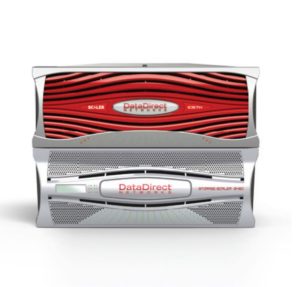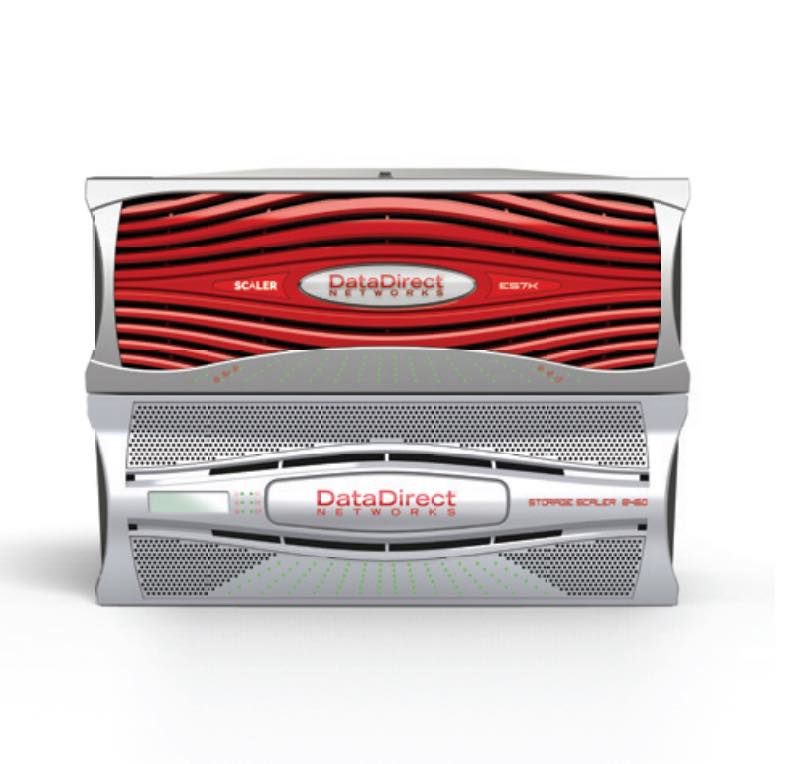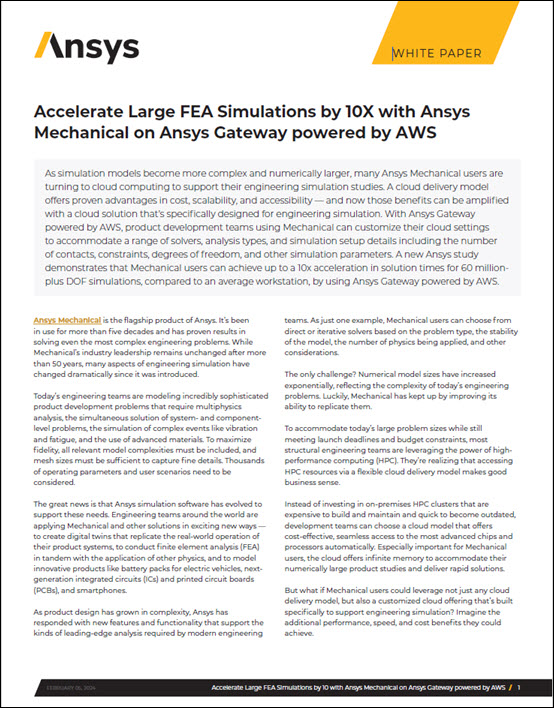 DDN is helping the University of Edinburgh accelerate its genomics and other industry research. Today DDN announced that the University of Edinburgh has deployed three DDN ES7K Lustre Parallel File System Appliances to accelerate data-intensive workflows across research and industry. At the Edinburgh Parallel Computing Center (EPCC), DDN’s advanced Lustre appliances manage a rising tide of digital data generated by traditional HPC and other forms of novel computing.
DDN is helping the University of Edinburgh accelerate its genomics and other industry research. Today DDN announced that the University of Edinburgh has deployed three DDN ES7K Lustre Parallel File System Appliances to accelerate data-intensive workflows across research and industry. At the Edinburgh Parallel Computing Center (EPCC), DDN’s advanced Lustre appliances manage a rising tide of digital data generated by traditional HPC and other forms of novel computing.
According to professor Mark Parsons, director of the Edinburgh Parallel Computing Center, DDN’s high-performance storage supports fast-growing genomics research while enabling multinational companies and smaller businesses to benefit from access to advanced technologies. “We’re entering a period of huge innovation both in HPC and storage,” he said. “Companies like DDN, which continue to innovate, best allow us to support scientists and researchers across all kinds of businesses to harness the full potential of leading-edge technology and to accelerate life-changing discoveries.”
The Edinburgh Parallel Computing Center participates in many large-scale European research infrastructures, including the Scottish Genomes Partnership (SGP), led by the University of Edinburgh and University of Glasgow. With the goal to link crucial genetic data from sequenced genomes with clinical information, SGP installed 10 Illumina HiSeq X Ten Sequencing Systems along with the first deployment of Illumina’s SeqLab end-to-end solution for streamlining scientific workflows. A team at Edinburgh Genomics took advantage of this “plug and play” approach to achieve maximum throughput in weeks rather than months; 5,500 genomes have been sequenced in a little more than a year.
Thanks to its powerful, centralized DDN storage, the Edinburgh computing center is making major strides in sequencing the genomes of more than 3,000 people in Scotland. This ongoing effort is empowering the Scottish National Health Service to discover new, personalized treatments of diseases and genetic disorders while opening the door to more effective and safer drug therapies. The deployment of DDN’s trio of ES7K appliances with nearly 3PB of robust storage follows a legacy deployment of 23PB of DDN SFA12K® storage used to support the UK Research Data Facility (RDF), which is funded by the Engineering and Physical Sciences Research Council (EPSRC).
The key to DDN winning this latest bid was the quality of its technology and solutions,” said Parsons. “DDN understands our requirements, and its ES7K offers the best balance of price, performance and capacity.”
In addition, the Edinburgh Parallel Computing Center takes advantage of DDN’s fast data access speeds and scalable capacity to meet the far-ranging requirements of its Fortissimo initiative, a European-commissioned project that brings vital resources to companies that otherwise couldn’t afford them. This successful effort has sped the development of the first high-performance “megacar,” one of the world’s fastest cars. The effort also elevated performance of SunCast software, a leading-edge solution from Integrated Environment Solutions, to analyze the earth’s shadows and effects of solar gains on the thermal performance of buildings.
Looking ahead, the University of Edinburgh is evaluating DDN’s WOS object storage to support an infinitely scalable storage pool to help the university better manage an active archive of more than 2PB of data. The goal of this additional deployment would be to offer a highly scalable alternative to file storage to the university’s industry users and tier-two centers that are being established around the UK.




